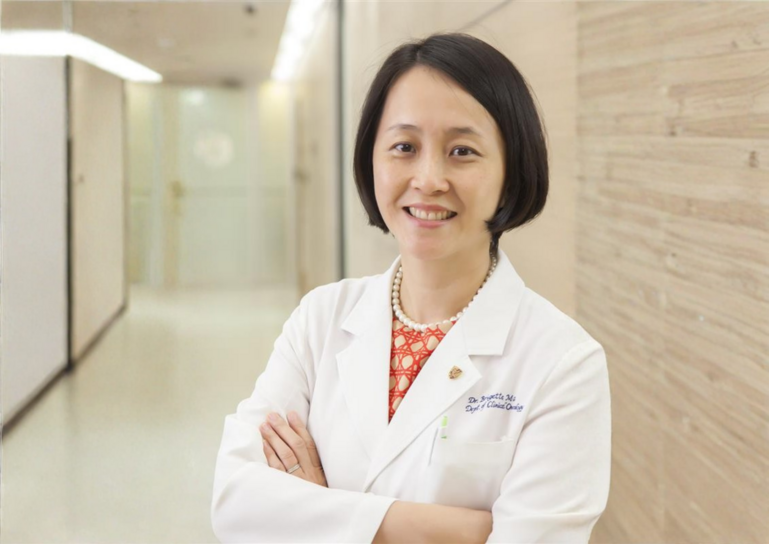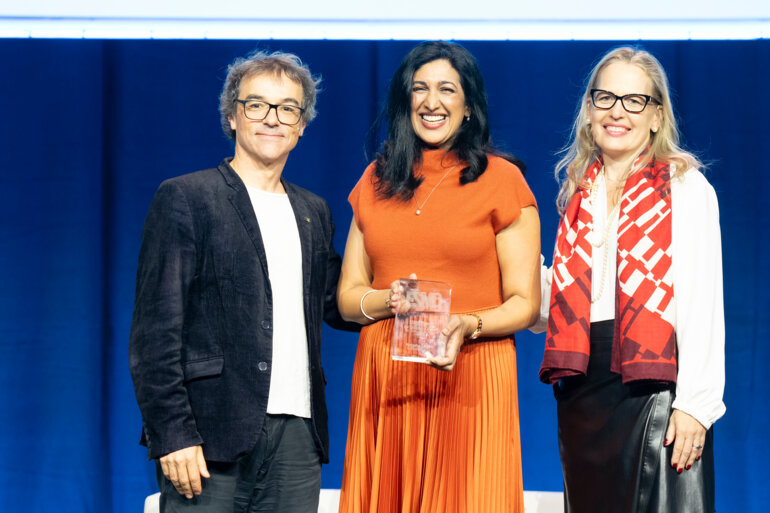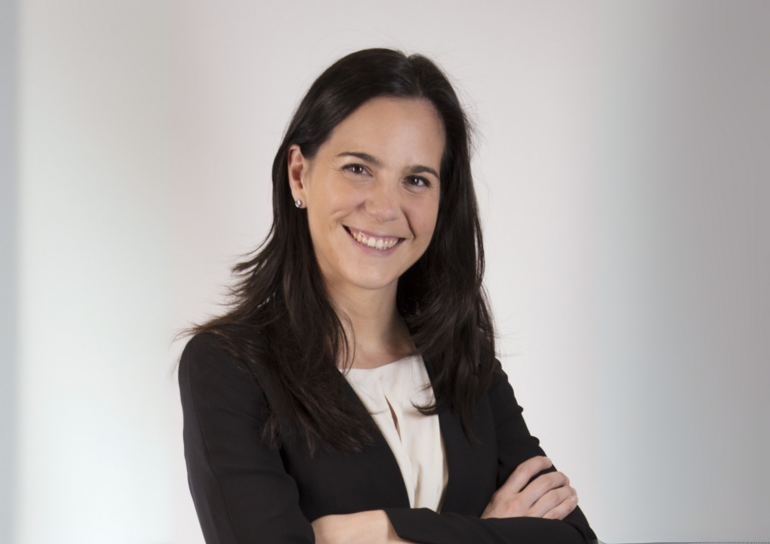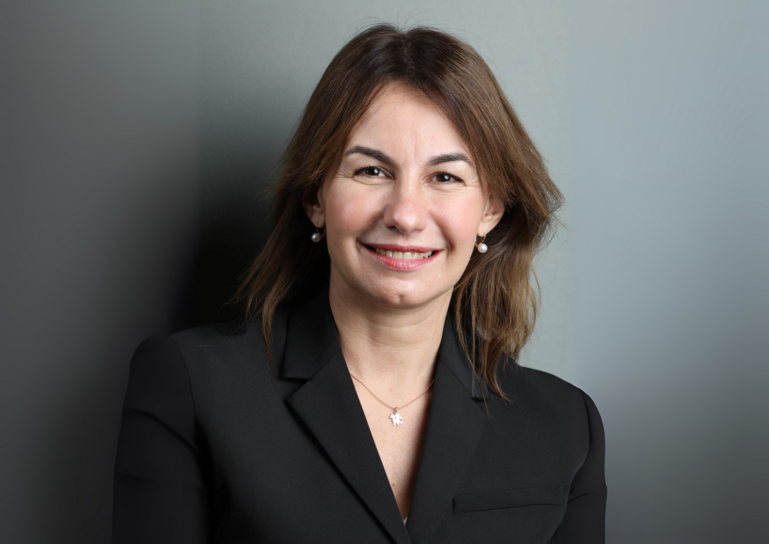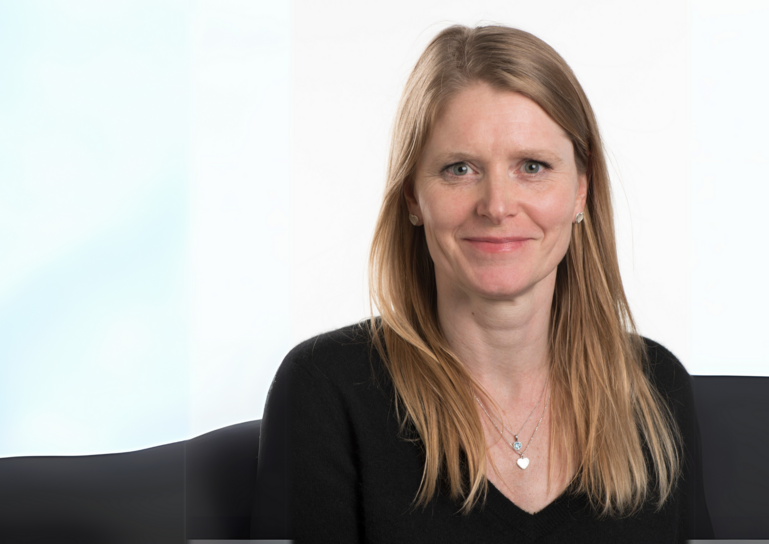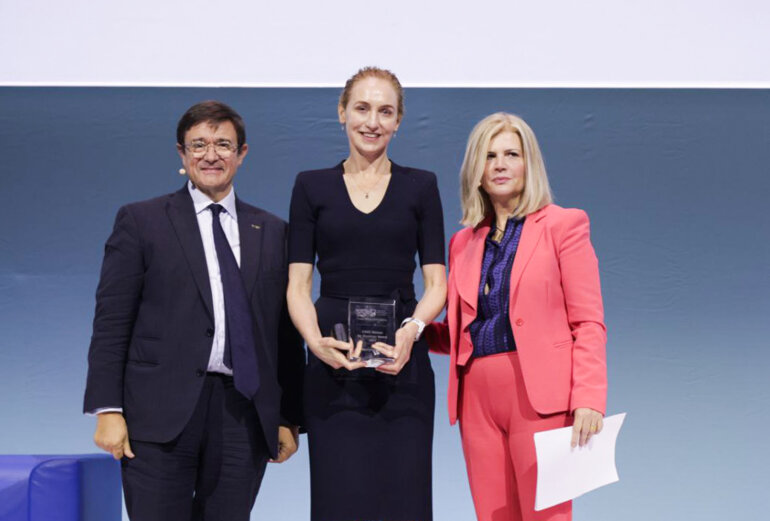For Prof. Brigette Ma, dealing with diversity and finding opportunities in criticisms are essential to grow as oncology professionals
In this new episode of ‘Diary of an oncology leader’, a video series produced under the ESMO Women for Oncology (W4O) initiative to inspire and empower the next generation of professionals, Prof. Jarushka Naidoo, Beaumont RCSI Cancer Centre, Dublin, Ireland, and member of the W4O Committee, dialogues with Brigette Ma, Professor and Honorary Consultant at the Department of Clinical Oncology, Chinese University of Hong Kong (CUHK).
If someone senior at your institution disagrees with an idea that you feel strongly about, how do you deal with this?
There are certain general principles that I follow. I find it very helpful to share three things with my mentees: empathy, objectivity, and opportunity. What is empathy? Everyone likes to be treated with respect and to be heard. It is important to keep an open mindset and understand that criticism is not bad – it is feedback and can be constructive. Having diverse opinions is important, because in nature, diversity brings survival, resilience and strength. Second, objectivity means focusing on solutions rather than on the problem or the person who raises the issue. Third is opportunity, that is, finding the right time and setting.
How do you bring that forward?
I am gifted with empathy. I have come across and connected with thousands of people from all walks of life, and I have learned the importance of finding the right opportunity to connect – it is like finding the key to someone's soul. People tend to remember how you make them feel more than what you say or what you do. Simply being there and listening gives them an opportunity to decide whether they want to reveal themselves to you, and then you can follow up from there.
Politics come into play when navigating institutions. How do you tackle problems while being sensitive to what is called “workplace politics”?
Whenever there are different mindsets and forms of diversity, there will be so-called politics – it is a natural part of the human experience. To me, politics means differences in opinion, and once again, I rely on the same principles that have been very helpful: empathy, objectivity, and opportunity. I find it easier to communicate on a one-on-one level, though I still find it very challenging to harmonise differing opinions among people. But I am learning, and what is good about life is that until my very last breath, I will have the opportunity to improve my communication skills. I believe we need to embrace differences, and active listening is a very important driver.
How has knowledge in such areas shaped your career?
There is no secret sauce, but resilience is essential. Marcus Aurelius, one of my favourite philosophers, teaches me that mindset is very important. You cannot control things beyond your reach, and you have to accept that. However, you can control how you think about your world and react to it.
Failure is part of learning: the more you try and make mistakes, the more you get feedback and grab opportunities to learn quickly.
In my own life, I believe that what does not really kill you can sometimes make you stronger, but this may not apply to people with cancer. For professionals who care for patients with cancer, the emotional demands can be gruelling, but you need to pick yourself up quicker than your patient can.
How much has mentorship played a role for you?
We all need more than one mentor – people with different backgrounds, ages, genders. In my youth, my mother and brother were my best mentors. Another is, of course, my husband. From an oncologist’s point of view, Professor Anthony Chan is the one who encouraged me to devote myself to head and neck research. On top of that, Professor Lillian Siu is an amazing role model, but here are many others as well.
What are your tips for creating a balanced, resilient forward-thinking workforce?
It comes down to cultivating self-improvement and building strong relationships around you, and then you are qualified to be of service to others. I feel successful when my team feels comfortable giving me feedback, even if it is criticism.
Everyone has a talent. A team works best when people are happy with what they do, and you can recognise individual strength and give them space to grow. That is my goal, and I have certainly thrived.


